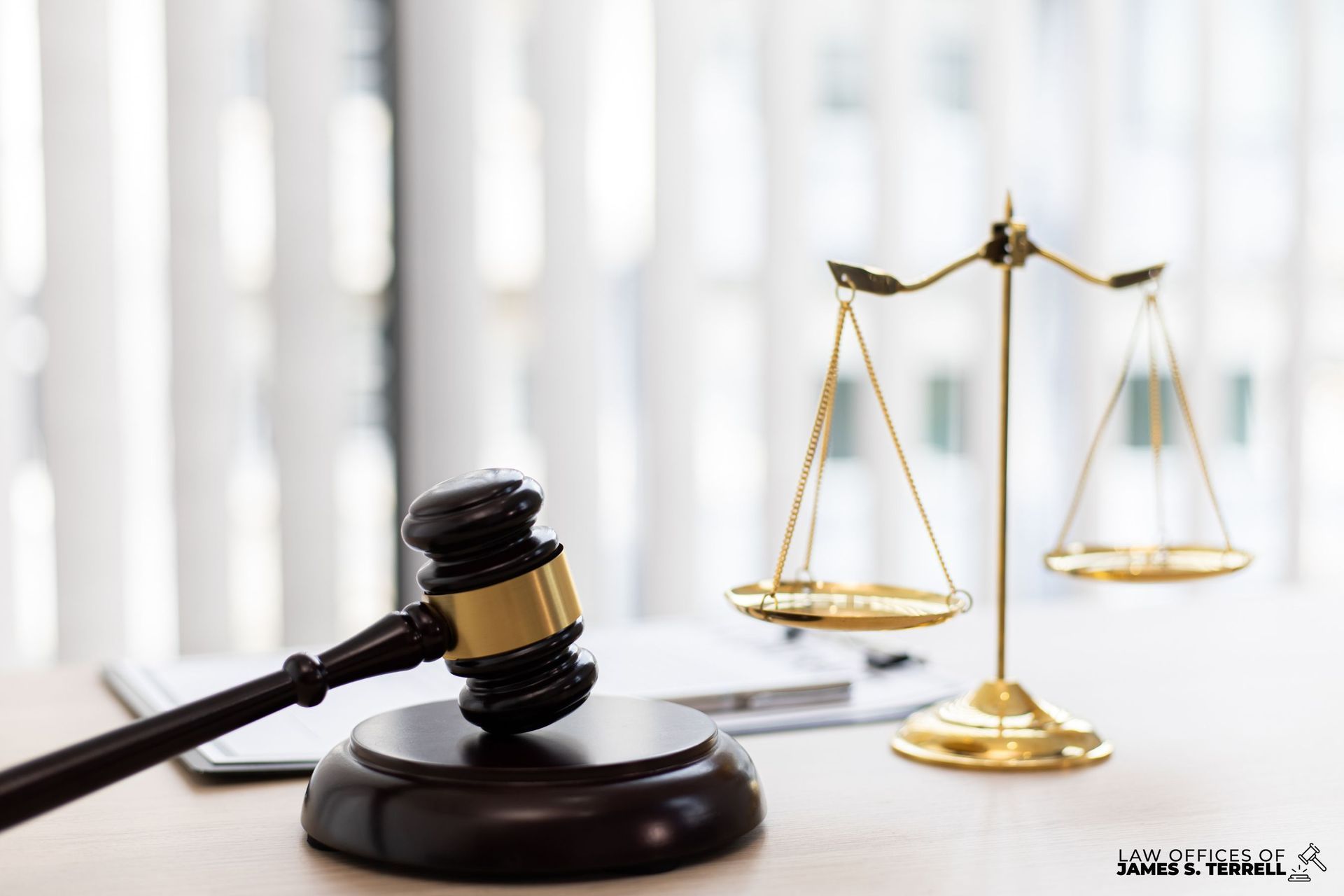✆ (760) 951-5850 | Call Now For a Consultation

Class Action Lawsuits in Cases of Systemic Negligence Leading to In-Custody Deaths
Pursuing Justice Through Class Action Lawsuits

In-custody deaths are tragic events that raise serious questions about the treatment and care of individuals under the custody of correctional facilities. While each death is unique, there are instances where systemic negligence and failures within correctional systems contribute to these fatalities. In such cases, class action lawsuits can serve as a powerful tool for holding responsible parties accountable and seeking justice for victims and their families.
Understanding Systemic Negligence in In-Custody Deaths
Systemic negligence refers to a pattern or practice of inadequate policies, procedures, training, or supervision within correctional facilities that contribute to the harm or death of inmates. Examples of systemic negligence leading to in-custody deaths may include:
- Failure to provide timely medical care or intervention in response to medical emergencies.
- Inadequate staffing levels or training of correctional officers and medical personnel.
- Failure to properly screen, monitor, or treat inmates with mental health issues or medical conditions.
- Use of excessive force or neglect in addressing inmate safety and security concerns.
- Lack of appropriate protocols for suicide prevention and intervention.
In cases where systemic negligence is identified as a contributing factor to an in-custody death, individuals or groups affected by the negligence may pursue legal recourse through class action lawsuits.
Class Action Lawsuits: An Overview: A class action lawsuit is a legal action brought by a group of individuals, known as the class representatives, on behalf of themselves and others who have suffered similar harm or injuries as a result of the defendant's actions or negligence. Class action lawsuits allow multiple plaintiffs with common claims to consolidate their cases into a single proceeding, streamlining the litigation process and promoting judicial efficiency.
In cases of systemic negligence leading to in-custody deaths, class action lawsuits may be filed against various defendants, including correctional facilities, government agencies, private contractors, medical providers, and individual staff members. The goal of a class action lawsuit is to obtain compensation for damages, hold responsible parties accountable, and implement systemic reforms to prevent future harm.
Legal Principles in Class Action Lawsuits
Class action lawsuits are governed by specific legal principles and procedures designed to protect the rights of plaintiffs and ensure fair and efficient resolution of claims. Some key legal principles applicable to class action lawsuits in cases of systemic negligence leading to in-custody deaths include:
· Class Certification: Before a class action lawsuit can proceed, the court must certify the class and appoint class representatives to represent the interests of the class members. To obtain class certification, the plaintiffs must demonstrate that the proposed class meets certain criteria, including numerosity, commonality, typicality, and adequacy of representation.
· Notice to Class Members: Once the class is certified, the court typically requires that notice be provided to all potential class members informing them of their right to participate in the lawsuit or opt-out if they wish to pursue individual claims separately.
· Class Settlements: In some cases, class action lawsuits may be resolved through settlement agreements reached between the plaintiffs and defendants. Before approving a class settlement, the court must determine whether the proposed settlement is fair, reasonable, and adequate to the interests of the class members.
Challenges and Considerations
Class action lawsuits involving in-custody deaths present unique challenges and considerations for plaintiffs and their legal representatives. Some of these challenges include:
· Complex Legal Issues: Class action lawsuits in cases of systemic negligence often involve complex legal and factual issues, including questions of causation, liability, and damages. Plaintiffs must present compelling evidence to establish the defendant's liability and the extent of harm suffered by the class members.
· Difficulties in Class Certification: Class certification can be a significant hurdle in class action lawsuits, particularly in cases where the proposed class members have diverse claims or experiences. Plaintiffs must demonstrate that the common issues outweigh any individual differences among class members.
· Government Immunity: Correctional facilities and government agencies may assert immunity defenses, such as sovereign immunity or qualified immunity, to shield themselves from liability in class action lawsuits. Overcoming these immunity defenses requires careful legal analysis and advocacy by plaintiffs' attorneys.
· Resource Constraints: Class action lawsuits require substantial resources, including financial resources, time, and expertise, to litigate effectively. Plaintiffs may face challenges in funding litigation costs, conducting thorough investigations, and retaining qualified experts to support their claims.
Outcomes and Impact
While the outcome of class action lawsuits in cases of in-custody deaths may vary depending on the specific facts and circumstances of each case, these legal actions have the potential to achieve meaningful outcomes and impact. Some possible outcomes and impacts of class action lawsuits in such cases include:
· Compensation for Damages: Successful class action lawsuits may result in monetary compensation for class members, including damages for medical expenses, pain and suffering, lost wages, and punitive damages.
· Policy Reforms: Class action lawsuits can lead to systemic reforms within correctional facilities and government agencies, including improvements in medical care, mental health services, use of force policies, and staff training.
· Accountability and Transparency: Class action lawsuits hold responsible parties accountable for their actions or negligence, promoting transparency and accountability in the administration of justice.
· Prevention of Future Harm: By exposing systemic failures and advocating for reforms, class action lawsuits help prevent future in-custody deaths and protect the rights and dignity of individuals in custody.
Leave It To The Law Offices of James Terrell
Class action lawsuits play a crucial role in seeking justice and accountability in cases of systemic negligence leading to in-custody deaths. These legal actions empower plaintiffs to challenge unjust practices, hold responsible parties accountable, and advocate for meaningful reforms within correctional systems. While class action lawsuits involve complex legal challenges and considerations, they offer a powerful mechanism for achieving justice, promoting accountability, and protecting the rights of vulnerable individuals in custody.
SERVICE AREAS
San Bernardino County | Los Angeles | Victorville | Kern | Santa Ana | Anaheim | Long Beach | Riverside | Palm Dale | Palm Springs | San Diego

All Rights Reserved | Law Offices Of James S. Terrell
15411 Anacapa Rd, Victorville, CA 92392, United States of America, (760) 951-5850
Website Managed by
Leads By Vinny







